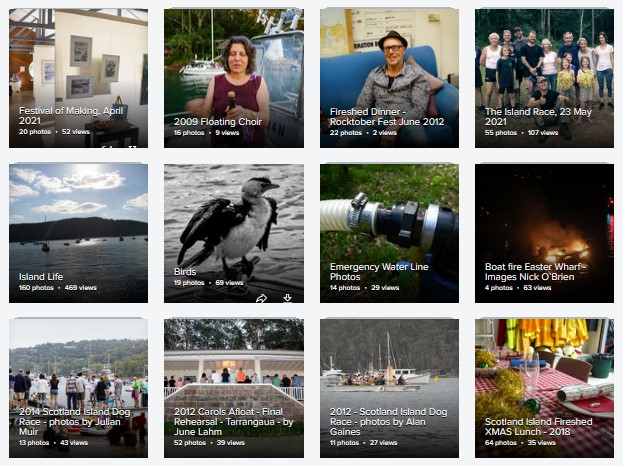| Having trouble reading this newsletter? Visit https://ymlp.com/archive_gesgjgm.php | |||||||||||||||||||||||
 |
|||||||||||||||||||||||
June 1, 2022 |
|||||||||||||||||||||||
|
Newsletter for the
Offshore Residents of Pittwater, Australia - Volume 23,
Issue 1178
We acknowledge and pay our
respects to the Traditional Custodians of
Pittwater, as well as our Indigenous readers
|
|||||||||||||||||||||||
Contents
A Lost HomeThe true story of Cove LeeRoy Baker
Recently my elderly mother moved into residential care and my childhood home, located in the English Midlands, sold. It was a wistful experience, given my family’s 70-year connection with the house. But it cannot compare to that undergone by Robyn Grosvenor, former resident of Morning Bay.
My interest in the house was piqued when I read about its alleged cold war connections. In the early 1950s Vladimir Petrov, a KGB officer, had agreed to assist ASIO in return for political asylum in Australia. The defection of Petrov and his wife led, according to some, to Prime Minister Robert Menzies winning the subsequent federal election. It remains a persistent story that Cove Lee served as a safe house for the Petrovs. But they defected in 1954 and Cove Lee wasn’t built until 1963. At the time of the defection a fibro cottage stood just behind where the house is situated today. But, according to Robyn, it’s extremely unlikely that the cottage ever harboured the Petrovs. ‘My parents, Morea and Alan Grosvenor, bought that cottage in 1962’, explains Robyn. ‘They lived in it while they built Cove Lee in its grounds. Before they moved into the cottage it had been derelict for many years. It had always been privately owned, and the agent who sold it to my parents assured them that it had no connection with the Petrovs.’
I was soon to discover that Cove Lee doesn’t need Soviet spies to lend it an interesting past. That part of Morning Bay seems to have connections with every phase of post-settlement Pittwater history. A few metres from Cove Lee is a reputed Indigenous burial ground, and not much further away there is an Aboriginal carving depicting an early European sailing ship. Immediately behind the house stood 19th century cottages, stone from which was taken to build Cove Lee. And in the 1880s hulks moored in the bay were used for the stockpiling of explosives.
On the day I visited Cove Lee with Robyn, what captivated me most was not so much Morning Bay’s history as Robyn’s reminiscences of growing up there. Robyn’s childhood must have been truly idyllic. Cove Lee, it turns out, was far more than a house. In its heyday it was a magnificent complex of landscaped gardens and ponds amid manicured lawns. There was a boathouse and a swimming pool. There was an enclosure for Robyn’s pony 'Muffin’, as well as a cubby house for Robyn to play in. Robyn’s sense of connection with the place was obvious. At one point she took me down to the beach to show me ‘Cooee Rock’. It was while standing on the rock as a little girl that she discovered that she could make her voice echo around the bay.
The family’s time in Morning Bay was not without challenge. In November 1965 the area was ravaged by bushfire and the flames came so close to the house that carpenters who were working on the house fled. Robyn recalls returning home from school and, still in school uniform, jumping into the water to fill a bucket to save a neighbour’s house. But Robyn’s father sounds like a resourceful man. Robyn showed me the water system he created for the house. Indeed the swimming pool was intended to double as a reservoir for fire fighting purposes. And so the house survived, at least in terms of bushfires.
Robyn is suspicious about the process. Apparently a boulder on the beach used to bear an etching indicating Crown ownership of the land. But the etching has been removed. ‘It’s like they are trying to cover up something’, she says. Robyn is also angry, pointing out that the family was only compensated for the value of the block, without taking into account the house and other improvements to it. ‘We were devastated’, she says. ‘We had put so much love into our home on Pittwater.’ After the Grosvenors departed Cove Lee it was used to accommodate visiting dignitaries as well as members of the NSW government and its opposition. Apparently Neville Wran visited so often as Premier that the house became known as ‘Wran’s place’. But over time the building was allowed to fall into ruin. And so it remains today.
‘It makes me so sad to see it like this’, says Robyn. ‘Our family has lost our home forever. But at least it would be good to see another family enjoy the house, or for it to be put to some community use’. The relinquishment of a childhood home is a sad time for many of us. But we might hope for happier circumstances than this. Whatever justifications the government had for reacquiring Cove Lee, it seems, at the very least, a most terrible waste. Robyn's father died in 2012 at the age of 87. Her mother is now 94 years old and lives in a nursing home in North Sydney. Thanks to Robyn Grosvenor for her help in telling the story of Cove Lee.  The PON Takes a (Partial) Break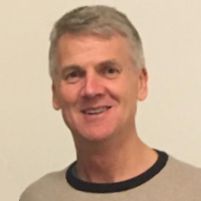 After over a year of running the PON and three years of
barely leaving Pittwater I'm off to discover whether there
is life beyond our verdant shores. I depart for Europe in
a few weeks and shall be gone for some months. While away
I plan to maintain the PON as a monthly noticeboard for
forthcoming offshore activities, but my regular feature
articles will take a break.
After over a year of running the PON and three years of
barely leaving Pittwater I'm off to discover whether there
is life beyond our verdant shores. I depart for Europe in
a few weeks and shall be gone for some months. While away
I plan to maintain the PON as a monthly noticeboard for
forthcoming offshore activities, but my regular feature
articles will take a break.I publish about local history less because it's inherently interesting, more because I believe that a sense of shared past is something around which a community can cohere. Many of us come from far away and Pittwater's history might not feel much like our history. But I hope that we all have some sense of connection with this place, its residents, and the stories they have to tell. Although I shall be taking a break, I welcome (as always) contributions from readers. I know that there is out there a wealth of anecdotes, some of which might even be printable. If you have anything to say that you think could interest your fellow residents then please email me: editor@scotlandisland.org.au. If you wish to advertise forthcoming events in the PON then please bear in mind that it is published on the first day of every month, so you need to plan at least one month ahead. JPG or PNG images are preferred over PDF or Word documents. Keeping informed about offshore events: For information on the practicalities of Scotland Island life, SIRA News is emailed to all SIRA members and is also available to anyone else who asks. Its archives can be found on the SIRA website. For west Pittwater the equivalent are the emailed bulletins issued by the WPCA. In terms of commercial media there is a well-used Facebook site, where many residents trade news, views and chattels. SIRA operates its own Facebook site. Regards Roy  Update on SIRA Activities
Want to find out what SIRA and its subcommittees have been doing in the first part of this year? You can now view a short report on activities in areas such as communications, road improvements, the environment, wharves and the emergency water system, as well as recreation. To download the report, please click here.  Fire Shed Dinners: Help Needed
The 30 April Scotland
Island spit roast dinner was a huge success, raising
well over $2,000. Huge thanks go to everyone involved.
Now we need more like it.
We have a Thai night coming up, thanks to CB Floyd and
her team of volunteers. (See below for details.) But the
Scotland Island brigade wants to offer even more dinners
this winter. To do so we need more teams of willing
supporters to organise and cook them.
If you and your friends
feel that you could design and cook a dinner, or if you
as an individual would like to lend a hand with a
dinner, please let us know. The brigade has considerable
experience in running dinners and will be on hand to
advise and support you. What we really need is your
enthusiasm.
We are also short on
RSA-qualified helpers to serve at the bar. And, as
always, there are many other ways for you to help out.
If you think you can lend a
hand, please contact the brigade social secretary,
Lizzie Hazelwood, at socialsecretary@sirfb.org.au.
 Table TennisScotland Island Recreation CentreMost Saturdays throughout the year2 - 3 pm: Introduction to Table Tennis3 - 5 pm: Table Tennis practice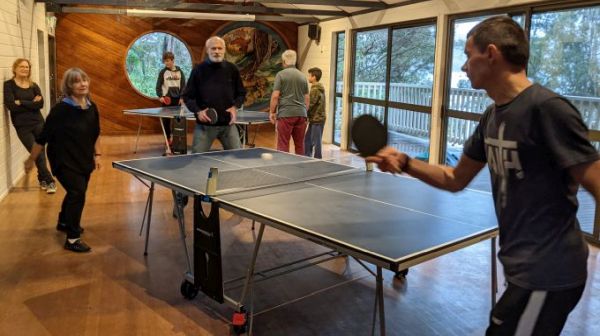 Groups meet most Saturdays
and anyone over 12 is welcome. Sessions are supported by
the Scotland Island Recreation Club.
Play from 2 - 3 pm is
intended primarily for those new to table tennis. The
session from 3 - 5 pm is open to everyone, regardless of
your standard of play.
Sessions do not run every Saturday. If you are interested in taking part then it's best to join the table tennis WhatsApp group to receive up-to-date information on who is playing. If you would like to join the group, please email editor@scotlandisland.org.au. Alternatively, you can just turn up and take your chances. As from 1 July the Recreation Club will be asking for $5 per player per attendance to defray expenses. Players under 18 years of age can continue to play for free.  Pittwater Offshore Community ChoirScotland Island Community HallEvery Thursday, 4 - 6 pm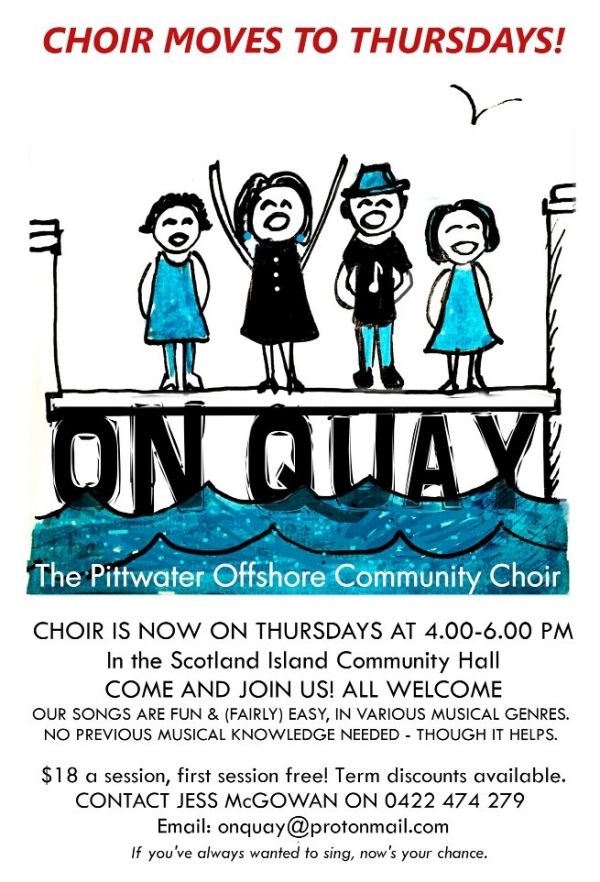  Floriana: Photographic ExhibitionUpper Level, 164 Longueville Road, Lane CoveEnds 11 June 2022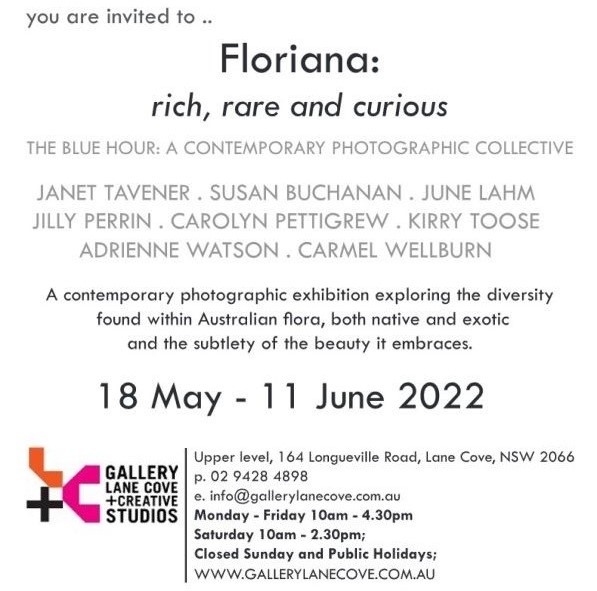  Scotland Island Fire Brigade AGMFire Station, Scotland IslandSunday 5 June, 3 - 5 pm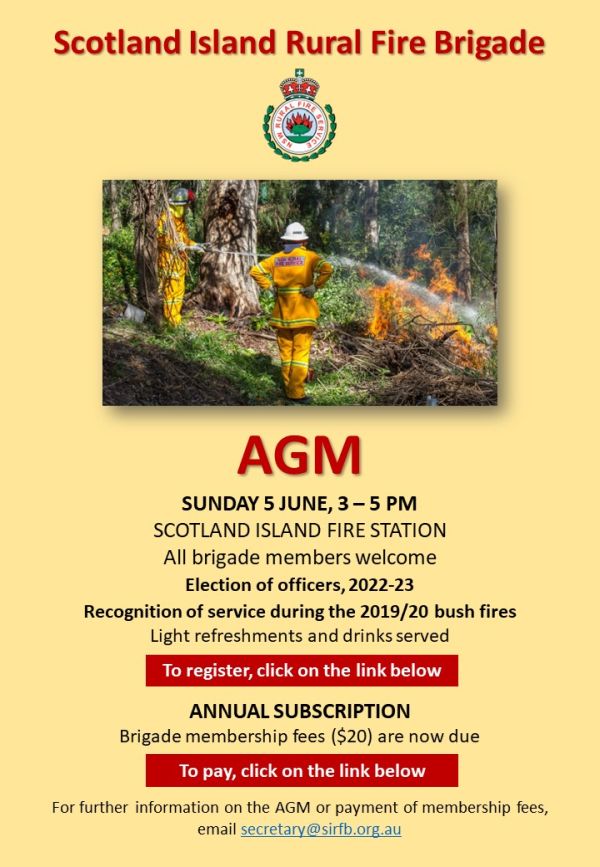
To register for the
AGM, please click here.
To pay your membership
fee, please click here.
 International Folk DancingScotland Island Community HallSaturday 25 June, 7 - 9 pm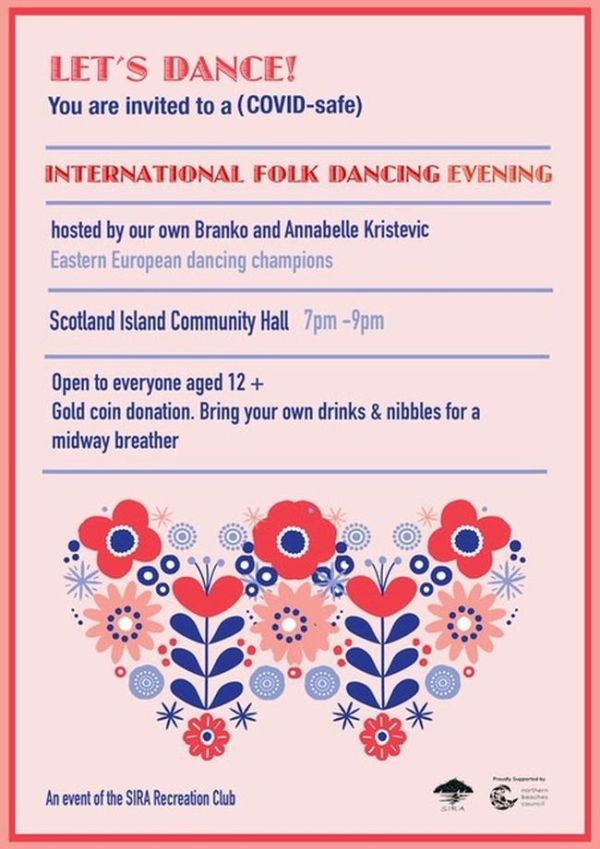 From 1 June the
Recreation Club will be asking for $5 per person per
attendance to defray expenses.
Scotland Island CaféCatherine Park, Scotland IslandSunday 26 June, 10 - 12 noon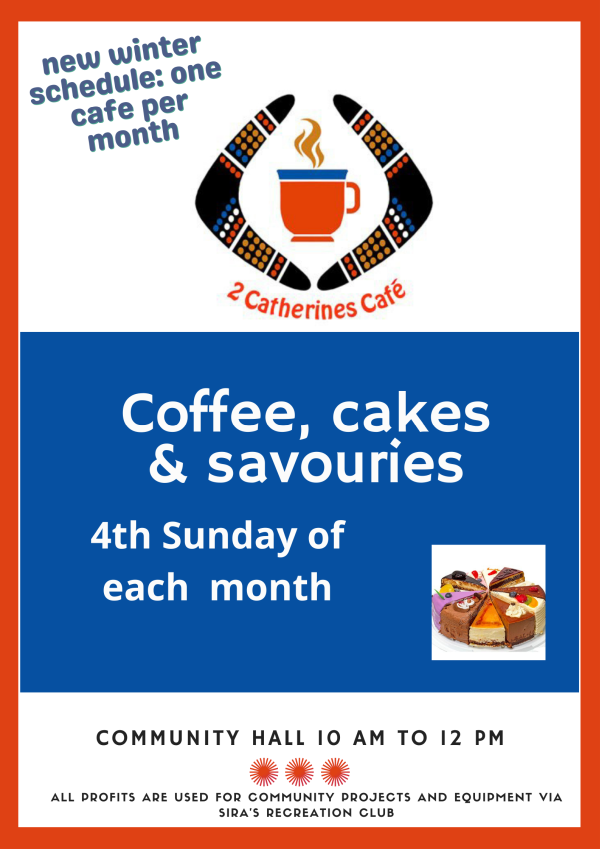 The Tuesday Discussion GroupScotland Island Recreation CentreTuesday 28 June, 11 am - 12.30 pmThe Recreation Club has a new discussion group, meeting
on the last Tuesday of each month, from 11 am to 12.30
pm in the Recreation Centre. Everyone is welcome. Members take it in turn to design a session, choosing material for discussion. This can consist of essays, articles or podcasts, or a combination of all three. The idea is that group members shouldn't be committed to more than a few hours' preparation in terms of listening or reading. The idea is to be open to a wide range of topics and material. In May Roy Baker led a discussion on the nature and evolution of morality, drawing on the works of moral philosopher Tim Dean.
Preparation: NB purchased readings are always optional: there's no
expectation that you buy material. Contact Jane Rich (janebalmain@hotmail.com)
for more information or to express your interest in
participating. If you would like to join a WhatsApp
group to keep up with discussion group activities, email
editor@scotlandisland.org.au.
Scotland Island Fire Shed Dinner: Thai NightScotland Island Fire StationSaturday 2 July, 7 pm For the SIRFB website
click here.
 Wanted:
a mattress
WANTED: a double bed mattress. A frame is not
necessarily required, but I can take it if needed. |
Follow the PON: |
 |
 |
 |
The Online Local Contacts Guide
Click HERE to load
Pittwater Offshore Photo Gallery

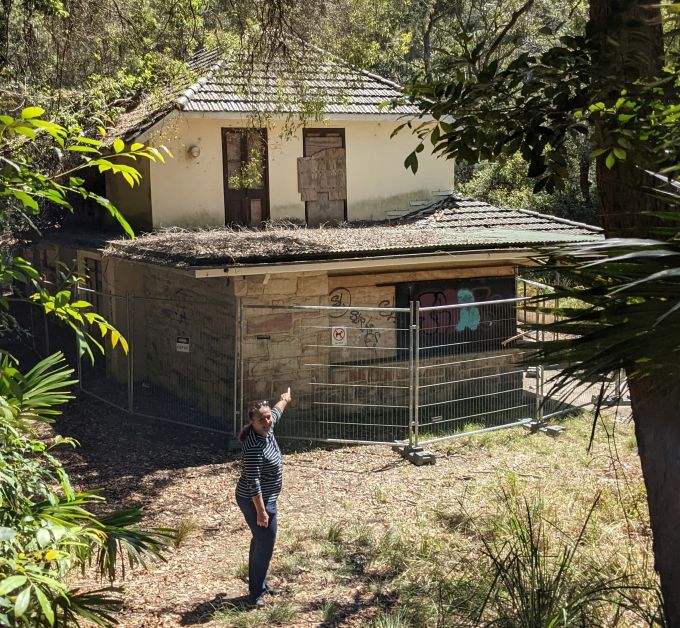
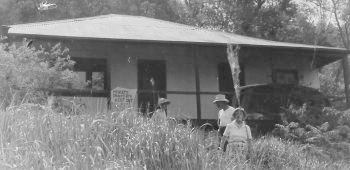
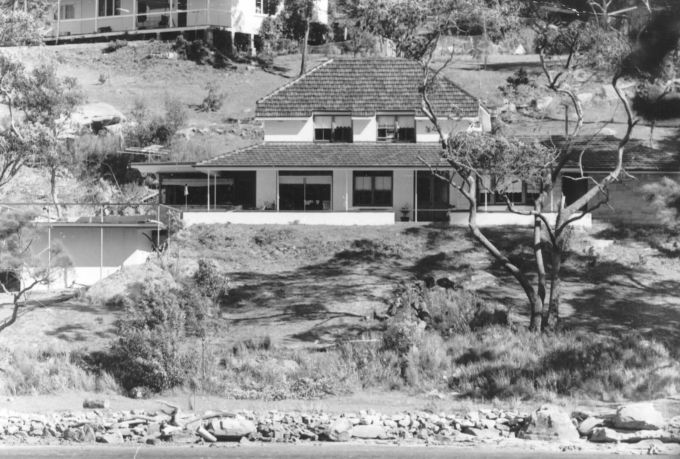
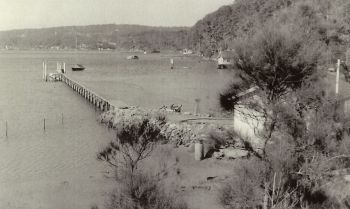
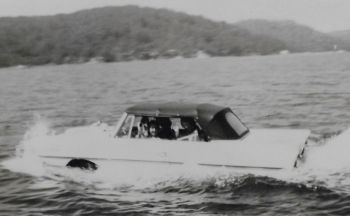
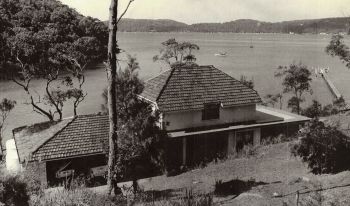
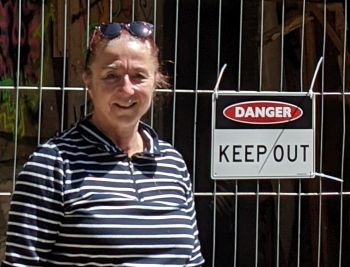
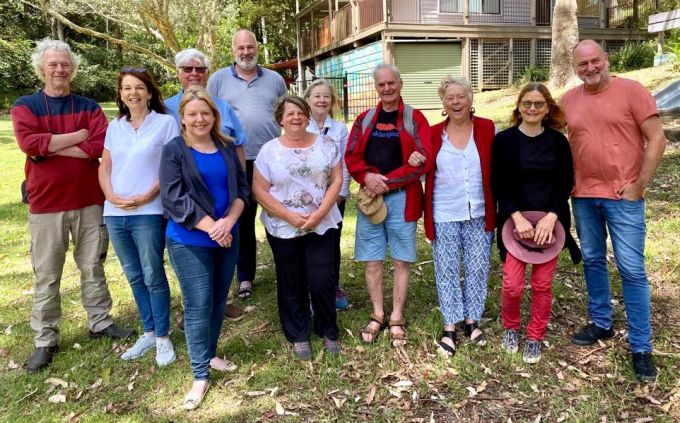
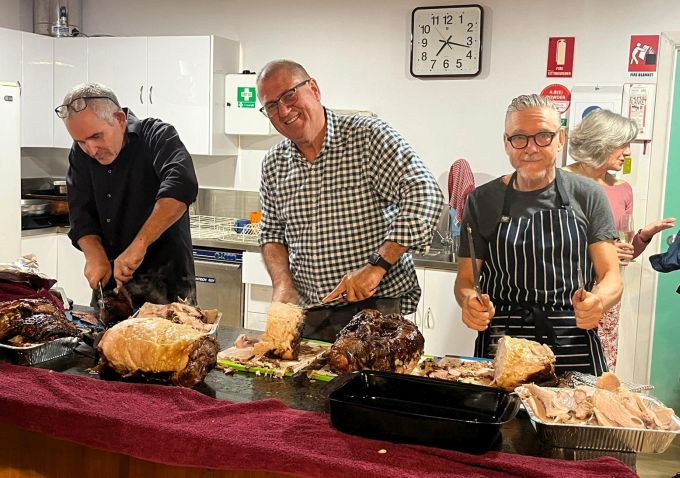
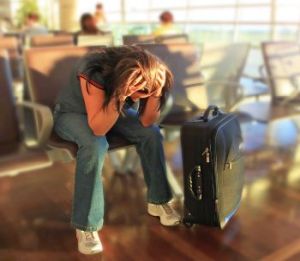 For the June
meeting, Jane Rich will lead a discussion on travel
and tourism. Much has been written about the
environmental and cultural impacts of tourism. But is it
also bad for us, the tourists? Wanderlust is surging
once more post-COVID, but will travel help us find
whatever it is we're looking for?
For the June
meeting, Jane Rich will lead a discussion on travel
and tourism. Much has been written about the
environmental and cultural impacts of tourism. But is it
also bad for us, the tourists? Wanderlust is surging
once more post-COVID, but will travel help us find
whatever it is we're looking for?